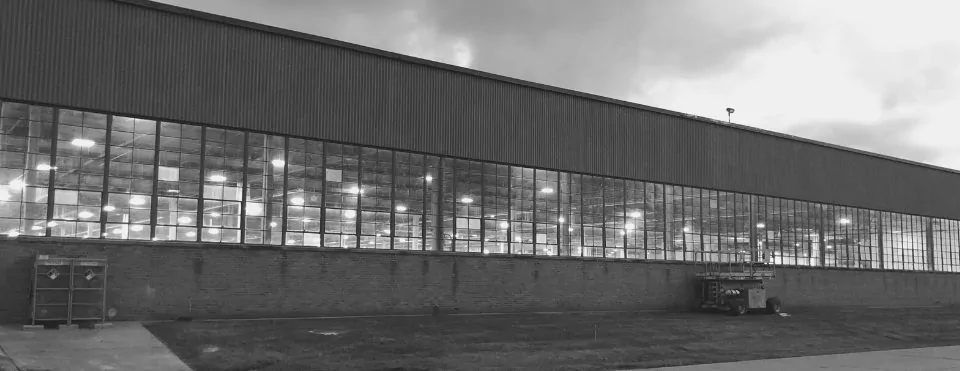SEER Meaning for Energy Efficiency in HVAC
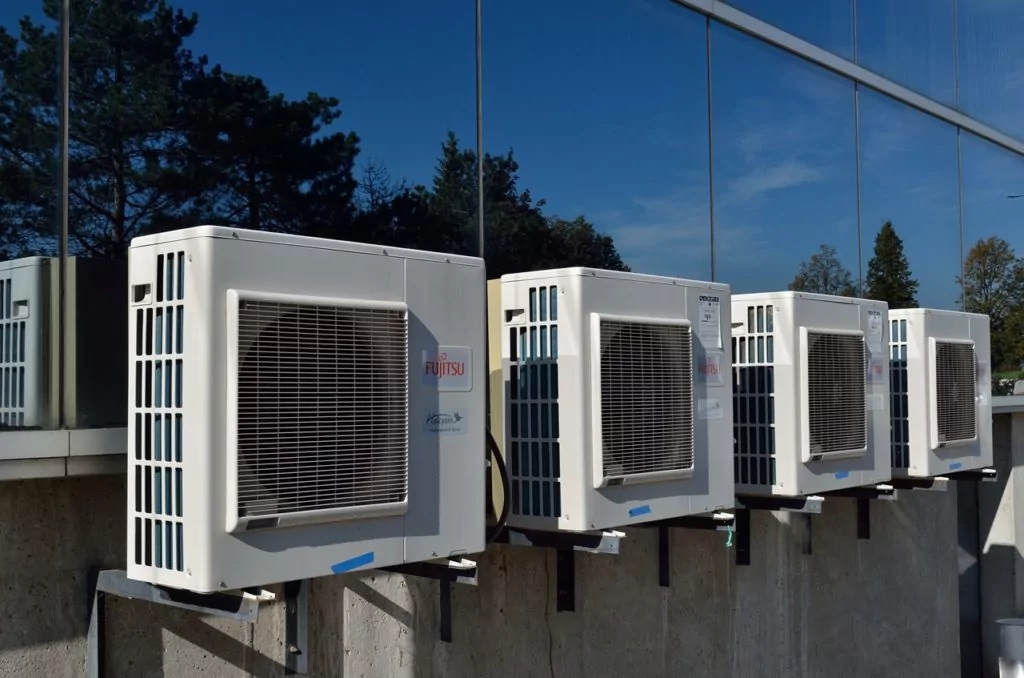
Aug 02 2023
What Does SEER Mean in HVAC?
SEER stands for Seasonal Energy Efficiency Ratio. It is a measure of how efficiently an air conditioner or heat pump cools your home. The higher the SEER rating, the more efficient the unit is.
SEER is calculated by dividing the total cooling output of the unit by the total energy used over a typical cooling season. For example, a unit with a SEER rating of 15 will produce 15 BTUs of cooling for every watt of electricity it uses.
The minimum SEER rating for new air conditioners and heat pumps sold in the United States is 13. However, many manufacturers offer units with SEER ratings of 16, 18, 20, and even higher. For our customers, our average SEER installation for our High Efficiency Rooftop Unit installation is 16 SEER. However, on our Very High Efficiency system upgrades, the SEER ratings are much higher, closer to 23.
The higher the SEER rating, the more energy-efficient the unit is. This means that you will save money on your energy bills by choosing a unit with a higher SEER rating.
For example, if you have a 13 SEER unit and you replace it with a 20 SEER unit, you could save up to 30% on your energy bills.
In addition to saving money, choosing a unit with a higher SEER rating can also help to reduce your carbon footprint. This is because less energy is used, which means that fewer emissions are produced.
If you are considering buying a new air conditioner or heat pump, be sure to factor in the SEER rating. A higher SEER rating will save you money on your energy bills and help to reduce your carbon footprint.
Here are some additional things to keep in mind when choosing an air conditioner or heat pump:
- The size of your building. The larger your building, the larger the unit you will need.
- The climate in your area. If you live in a hot climate, you will need a unit with a higher SEER rating. In Illinois, we need a high SEER, but also an efficient heating system. The typical efficiency of a rooftop HVAC unit is 80%.
- The insulation in your building. The better the insulation in your building, the more less heating or cooling you will need due to wasted energy through the envelope.
- The type of unit you want. There are many different types of air conditioners and heat pumps available, so be sure to choose one that is right for your needs.
SEER is an important factor to consider when choosing an air conditioner or heat pump. By choosing a unit with a high SEER rating, you can save money on your energy bills and help to reduce your carbon footprint.
Featured Posts
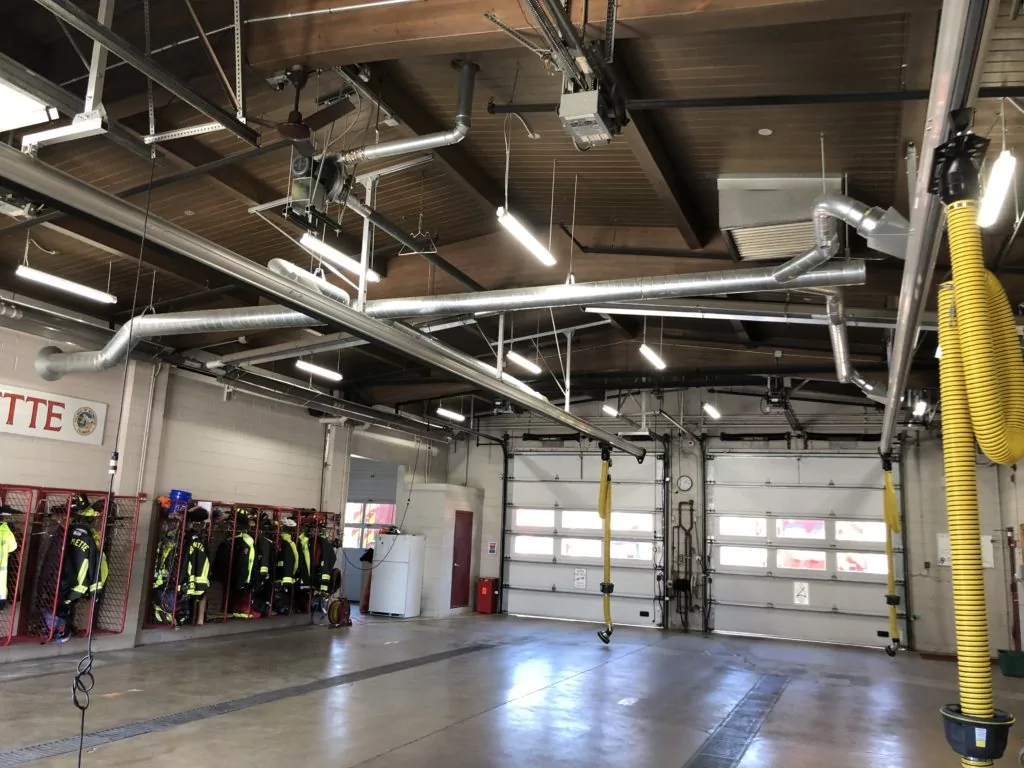
Mar 15 2021
Energy Savings Formula
In 2002, I became a firefighter in the north suburbs of Chicago. I was young and idealistic - loving almost every part of the job. However, I had another secret passion - sustainability. In addition…
Continue Reading >

May 02 2019
Verde Energy Efficiency Experts 10 Most Sustainable Companies in Chicago
In our energy efficiency consulting firm, we constantly look for inspiration from local companies that lead and innovate in clean energy and sustainability. Not all companies have billion dollar budgets, but that doesn’t mean that…
Continue Reading >
Related Articles
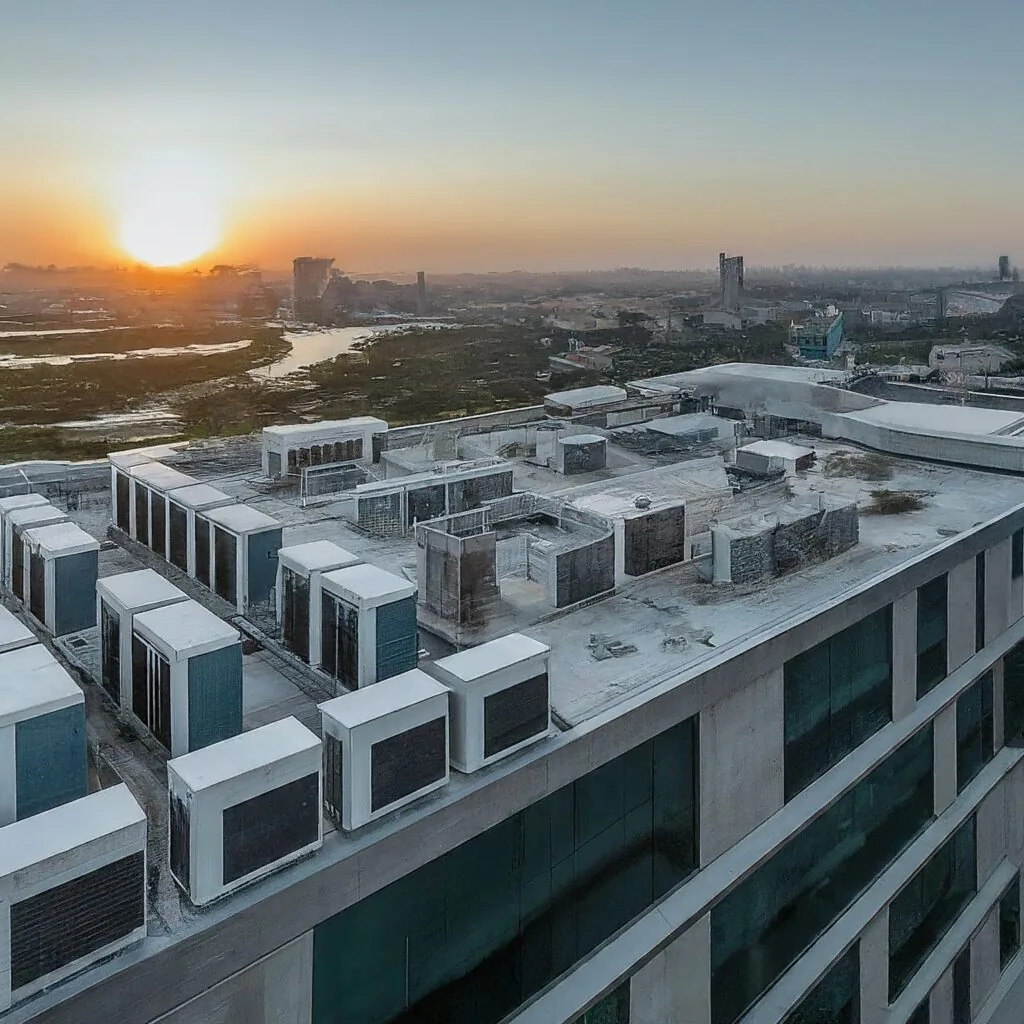
May 08 2024
Decarbonizing Hotels – Is it Possible?
Lower Energy Cost Hospitality with Decarbonization Hotels are huge energy users - with a lot of guests that come and go quickly, keeping them comfortable is no small task. As we look ahead at decarbonization…
Continue Reading >
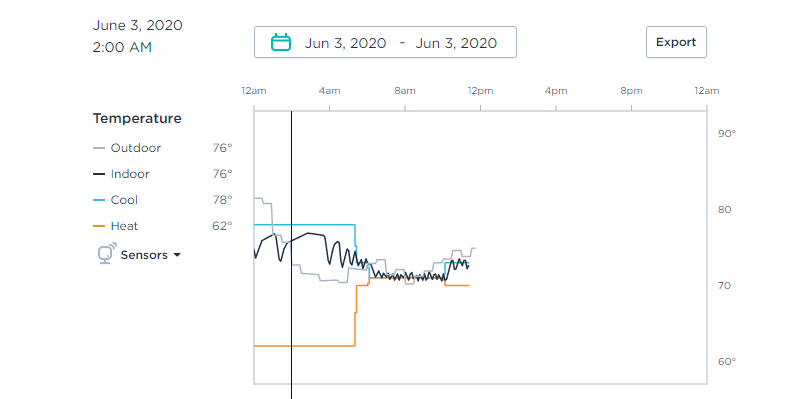
Feb 26 2024
What is Demand Control Ventilation?
Outside air for building, brought in via a rooftop unit, a Direct Outside Air System, or via an Energy Recovery Ventilator, are important for many reasons due to code. Fresh air is required in public…

